Blog
Dry fruits for midday snacking
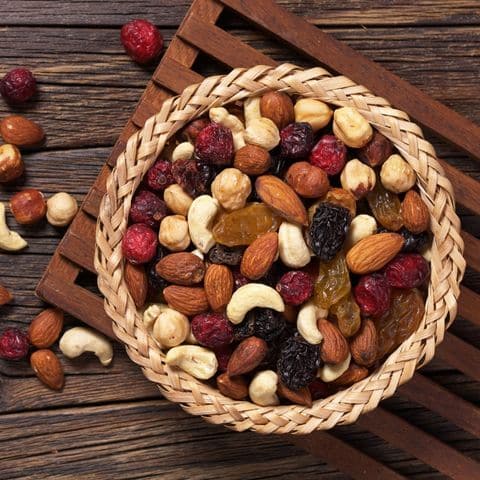
Dry fruits are an amazing way to get a quick burst of energy, and they’re also a great snack for when you’re feeling peckish. You can buy them in bulk from the supermarket or shop around for some on Amazon (especially if you have Prime). Here are my favorite varieties:
Almonds
Almonds are a good source of protein, fiber, vitamin E and magnesium. They are also a good source of potassium and iron. Almonds are an excellent source of monounsaturated fat which has been shown to lower LDL-cholesterol levels in the blood (the bad kind) while increasing HDL (the good kind). Almonds also contain phytosterols which can help improve blood cholesterol levels and reduce the risk of heart disease by lowering blood pressure in people with high blood pressure or diabetes mellitus type 2 who have high levels of LDL cholesterol or triglycerides Almonds are a good source of vitamin E which plays an important role in the body’s immune system and antioxidant defenses. Vitamin E is also believed to help maintain healthy skin and hair. Almonds contain phytosterols which can reduce blood cholesterol levels by lowering LDL-cholesterol levels without affecting HDL-cholesterol levels.
Cashews
Cashews are rich in protein, fiber, and other nutrients. They’re a good source of magnesium–which is important for heart health–and copper and zinc. They also contain monounsaturated fat (the kind that may lower cholesterol).
Cashews are sold shelled or unshelled; if you buy them raw they will be soft when you open them up. If you want to eat them as a snack right away then go ahead; otherwise store them in an airtight container at room temperature for up to 2 months or freeze them for up to 6 months if they’re not being used within that time period
Pistachios
Pistachios are a good source of protein, fiber, and antioxidants. They’re also high in monounsaturated fats which help your heart health.
Pistachios have been shown to lower cholesterol levels by up to 10%. They can be used as part of a weight loss diet because they fill you up without adding many calories or fat grams to your meal plan!
Pistachio nuts are packed with vitamins C and E–powerful antioxidants that help fight off diseases like cancer by protecting cells from damage caused by free radicals (unstable molecules).
Walnuts
Walnuts are a nutrient-dense food with many health benefits. They’re loaded with omega-3 fatty acids, which have been shown to help lower blood pressure and reduce the risk of cardiac disease. Walnuts also contain antioxidants that may help reduce inflammation throughout the body, including in joints.
Walnuts contain fiber and protein, both of which can help you feel full longer. In fact, one ounce (28 grams) of walnuts contains 6 grams of fiber–more than an apple! Their high fiber content makes them great for people who want to lose weight because they’ll keep you feeling satisfied longer than other snacks like potato chips or cookies would.
Hazelnuts
Hazelnuts are a healthy source of protein, vitamin E and monounsaturated fats. They also contain fiber, which helps lower cholesterol. Hazelnuts are packed with vitamins B6 and folate to help you stay energized throughout the day.
Snacking on dry fruits is one of the most important things you can do for your health. Dry fruits are a great source of energy, vitamins and minerals, dietary fiber and other beneficial nutrients that keep you feeling full throughout the day.
Dry fruits such as dates, figs, raisins and apricots are also great when eaten raw because they provide instant energy without causing spikes in blood sugar levels. When eaten whole (without being processed into juices), they help improve digestion by providing more bulk than liquid forms of carbohydrates like juices do so they’re easier to digest!
If you’re looking for a great midday snack, try some dry fruits. They are packed with vitamins and minerals that will give you energy. You can also eat them as a dessert after dinner or even in between meals if you need something sweet! Dry fruits can be eaten as snacks, but they are also delicious in desserts and salads. If you want to make your own fruit salad, try adding some dry fruits like apricots and raisins. You can also add them to a smoothie or juice for extra flavor!
Here is a list of 10 frequently asked questions about how much dry fruits to eat per day:
- Q: How many servings of dry fruits should I have in a day?
- A: According to nutritional experts, it is recommended to have around 1 to 2 servings of dry fruits per day.
- Q: What is the recommended serving size for dry fruits?
- A: The recommended serving size for most dry fruits is approximately 1 ounce or 30 grams.
- Q: How many dry fruits can I eat per serving?
- A: The quantity of dry fruits per serving depends on the variety. For example, you can have around 15 almonds or 10 cashews in a serving.
- Q: Are dry fruits high in calories?
- A: Yes, dry fruits are relatively high in calories due to their concentrated nature. It is important to consume them in moderation as part of a balanced diet.
- Q: Can I consume a variety of dry fruits in a single day?
- A: Absolutely! It is recommended to diversify your dry fruit intake to benefit from the nutritional value of different varieties. Just ensure that the overall quantity remains within the recommended limits.
- Q: Can eating too many dry fruits be harmful?
- A: While dry fruits are nutritious, consuming them in excessive quantities can lead to weight gain and an imbalance in nutrient intake. It is best to consume them in moderation.
- Q: Are there any specific health conditions that require limiting dry fruit intake?
- A: Certain health conditions such as diabetes or kidney problems may require individuals to limit their dry fruit intake due to their sugar or potassium content, respectively. It is advisable to consult with a healthcare professional for personalized guidance.
- Q: Can I consume dry fruits as a snack throughout the day?
- A: Yes, dry fruits can be a healthy and convenient snack option. However, it’s important to practice portion control and not exceed the recommended daily serving size.
- Q: Are there any benefits of consuming dry fruits regularly?
- A: Yes, dry fruits are packed with essential nutrients, fiber, and antioxidants. Regular consumption in moderation can contribute to better heart health, improved digestion, and increased energy levels.
- Q: Can I replace fresh fruits with dry fruits in my diet?
- A: While dry fruits offer nutritional benefits, they should not completely replace fresh fruits in your diet. Fresh fruits provide additional hydration, higher fiber content, and natural enzymes that are important for overall health. It is recommended to include a combination of both in your daily diet.
Remember, it’s always a good idea to consult with a nutritionist or healthcare professional regarding your specific dietary needs and any concerns you may have about dry fruit consumption.



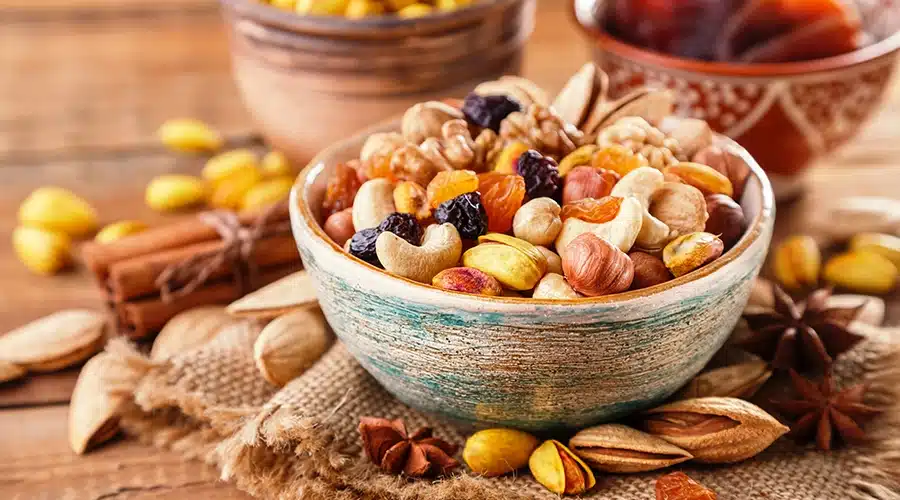
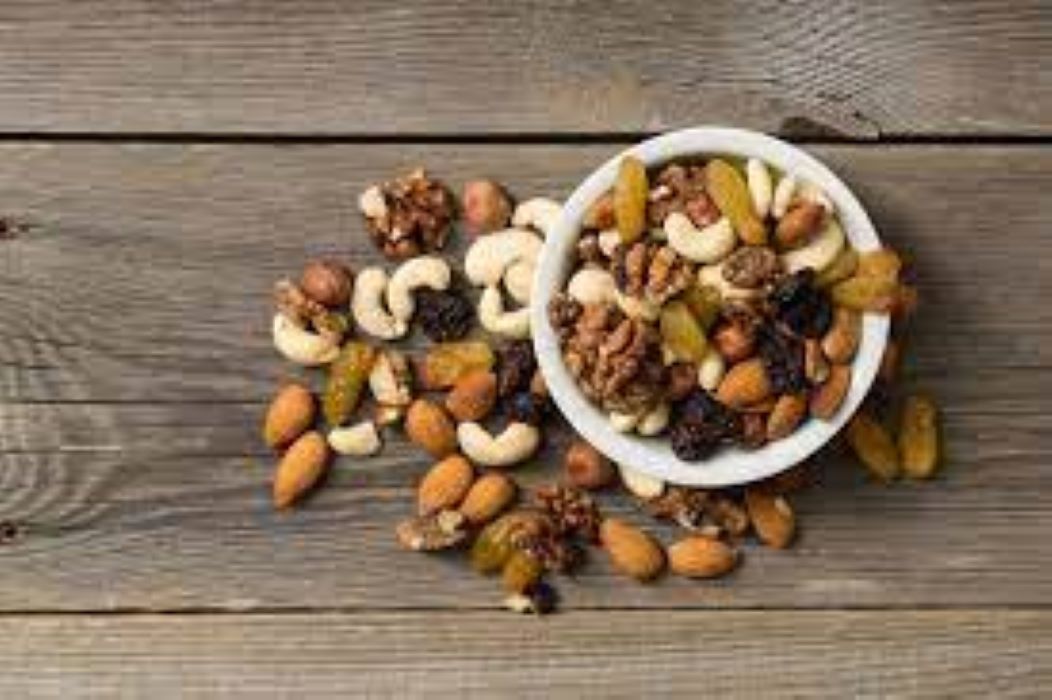
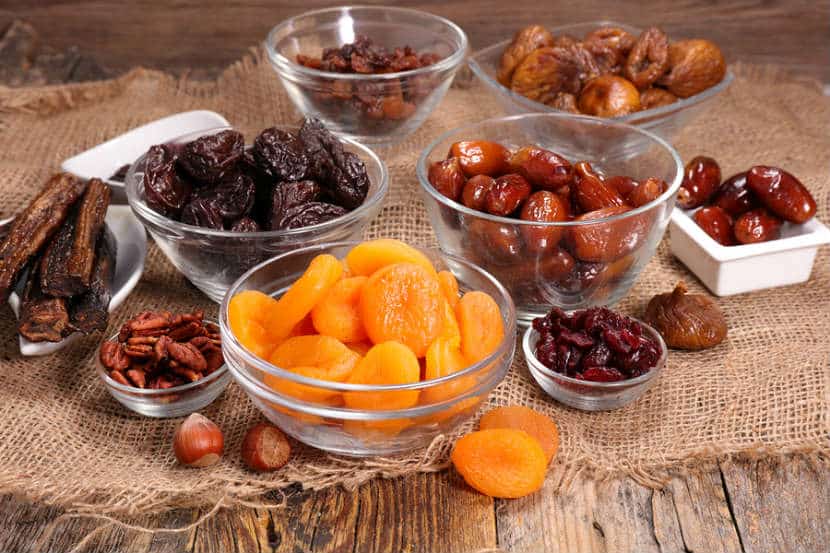
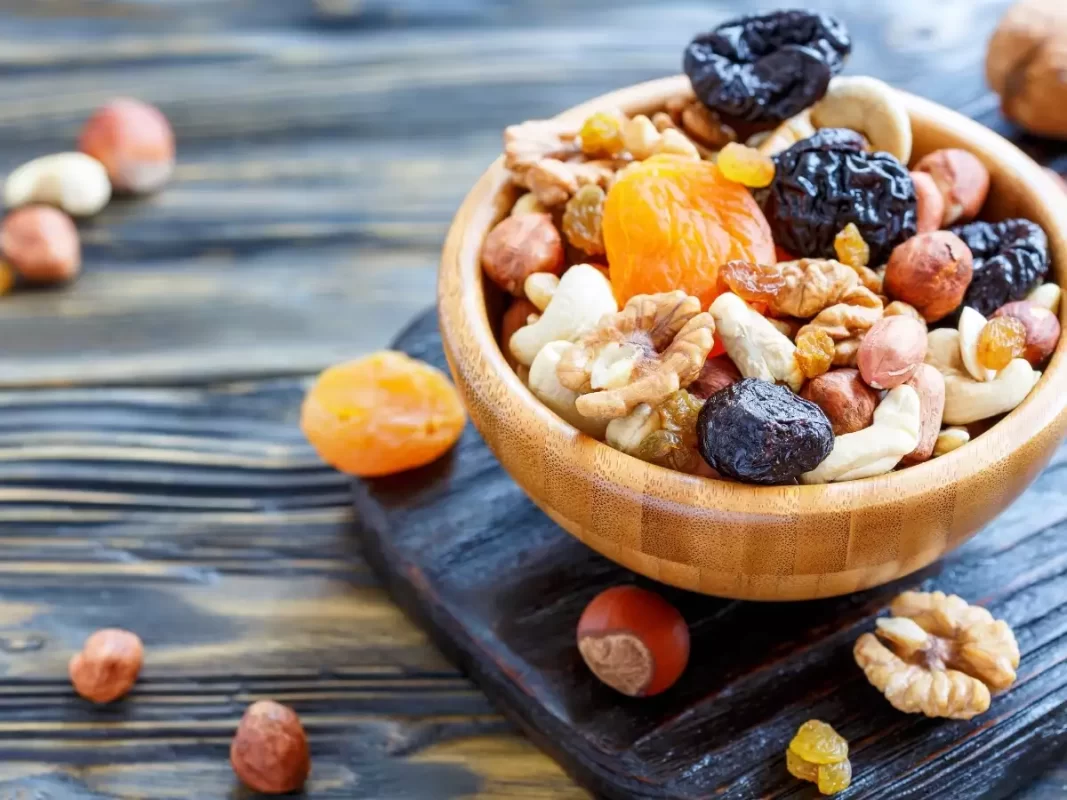
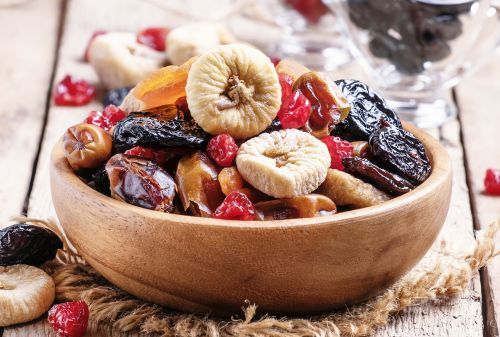
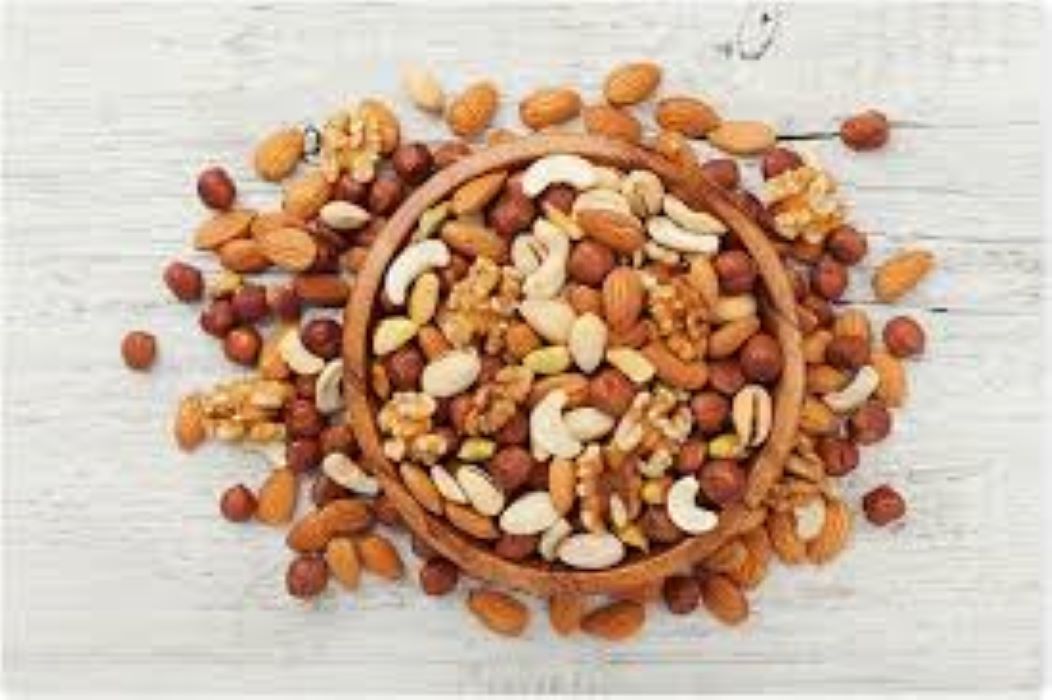
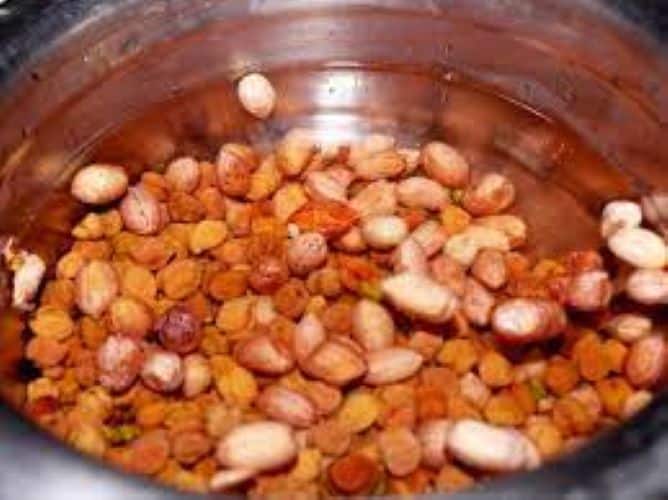
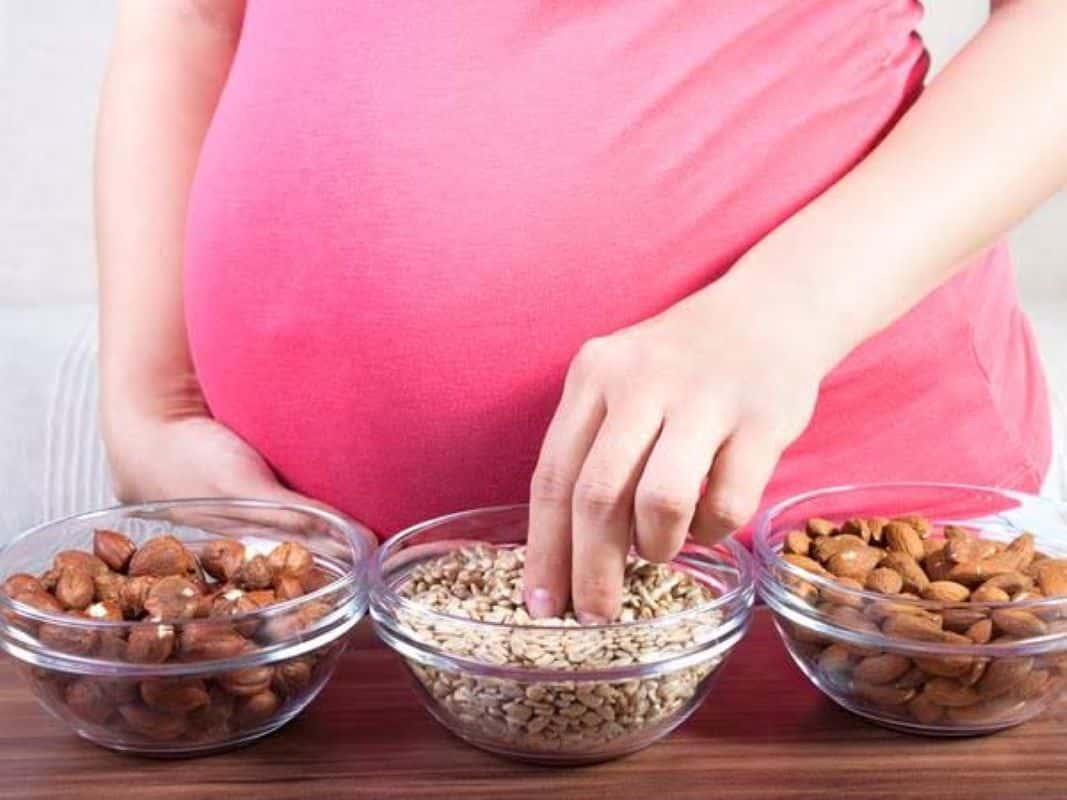
2 thoughts on “Dry fruits for midday snacking”